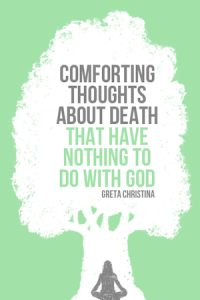I’ve struggled for a long time to figure out the simplest way to say this, and never gotten it down to a short formulation. But here it is at last, I think:
It’s not your job to cater to others. But you DO have to live your life in such a way that they’re not forced to cater to you.
Unpacking this brings out a lot of little specific rules such as:
Don’t pee on the toilet seat, forcing the next guy to wipe it off before he can sit there. Don’t park in the supermarket entryway, forcing others to walk around you. Don’t stand obliviously with your friends in the middle of the corridor, forcing others to slither to get past you. Don’t walk away and leave your basket so it blocks the supermarket aisle, so others have to move it to get past. Don’t drop your garbage on the sidewalk, or onto the side of the highway, where someone else will have to pick it up. Don’t park blocking the road. Don’t throw your gum in the urinals. Don’t flip your cigarette butts onto the sidewalk. Don’t leave your shitty diapers on the bench at the park. When you get out of your car and go into the mini-mart, turn off your loud-ass music. Don’t stand smoking in the doorway so people either have to breathe your smoke or go out of their way to avoid you.
I’m extremely conscious of the needs of others as I move through my day. I don’t want to get in anybody’s way, or inconvenience them. I don’t want someone to have to pick up after me. I don’t want my life to be a WEIGHT on others.
No, I don’t make an effort to vanish in other people’s shadows. I’m certainly conscious that I deserve my share of our common time, space and resources, but I try to be generous and unobtrusive in my use of it.
This is a pretty ironclad cultural rule with me, and I think a lot of us. I’m not sure just where I learned it, but it seems sound and broadly applicable. I have a hard time seeing how anyone could think it a bad thing.
Yes, we meet people every day who either don’t know it or don’t care about it, but they really come across as either children or assholes, don’t they?
We don’t absolutely have to donate to charity, or adopt a homeless pet, or — bearing in mind that not everybody is up to it — even stop and render aid at the scene of an accident. But if we’re talking the bare minimum each person has to do to maintain a genteel workable society, this is it.

